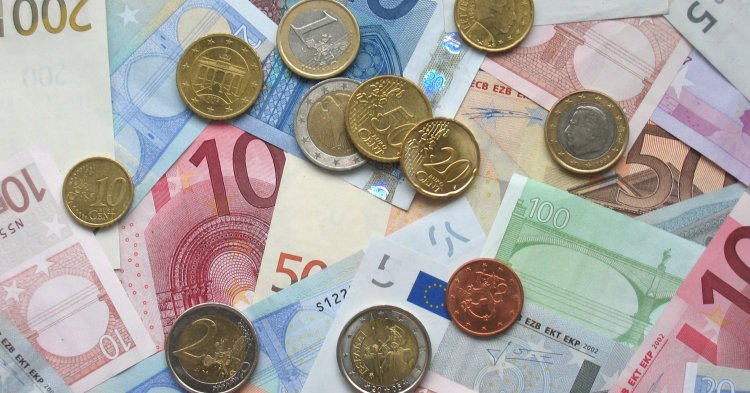As the crisis seems to ease, the EU’s long-term problems strike back
The euro crisis seems to be on a positive path to resolution, as pressure on Italy and Spain’s sovereign debt markets slowly decreases and the contagion from Greece and Portugal to the rest of the eurozone seems less straightforward than previously. EU leaders and markets are now starting to pay more attention to long-term issues, and the future looks less bright than a euro crisis resolution would suggest. Europe needs to grow - this is the only sustainable answer to the debt crisis. More importantly, it needs to grow together if it wants the euro “to outlive us all”, as EC President Barroso recently said. Economic governance is the key to ensuring that Europe’s different regions grow without deepening divergences. The new treaty implementing fiscal constraints provides the necessary teeth to the Strategic and Growth Pact, and is a crucial step towards avoiding future repetition of the debt crisis. However, this is incomplete: if Europe wants the euro to work, it needs to strengthen its economic governance.
What, why, how: credible economic governance needs radical steps
The expression “economic governance” encompasses a diverse set of policies that are collectively important in preserving the euro and making European economies more efficient.
First, the EU needs new policies to preserve and enhance the Single European Market (SEM) - especially in the fields of services, employment and social rights - in order to create a solid level playing field which will benefit all Europeans.
Second, the EU needs a much bigger central budget in order to ensure fiscal transfers between its most competitive regions and those lagging behind. This is essential: if there are no fiscal transfers, divergences in competitiveness will arise because different regions will have different inflation levels due to diverging expense levels and the distinct characteristics of national economies. Countries can’t use monetary policy, so another adjustment mechanism is needed. The distortions created are even more important if the countries lagging behind fail to implement reforms, and if the European Central Bank applies a monetary policy tailored to the needs of the German economy.
In order for the EU budget to efficiently play the economic role of a “government budget”, it needs to be increased from its current level of 1% of EU GDP to at least 10% of EU GDP. This should be achieved by allowing the EU to levy tax, and should not be done without making EU institutions more directly accountable to people than they currently are. These steps are doubtlessly considerable, but are necessary should Europe decide to remain united over the very long term.
If it’s political, let politics in the room
Needless to say, the most conflictual aspect in implementing these policies lies in the transfer of powers and fiscal sovereignty to the EU they entail. Strengthening the EU’s economic governance shouldn’t be achieved without strengthening EU institutions and making them more directly accountable. Here, the direct election of the European Commission President should be a priority. These debates are too important for Europe’s future to be left to sole eurocrats, especially when it comes to deciding which path to crisis resolution Europe should take. Germany’s political stance on the necessity for budgetary balance in the eurozone is perfectly justified. Angela Merkel is right to put the periphery under pressure, as political habits in these countries need to change and reforms must be implemented should they want to remain in the eurozone, which is in the interest of all.
However, on the other hand other EU countries need to remind Germany that, in order for the eurozone to work, efforts need to be made on both sides: Germany needs to take measures to boost its internal demand, and accept slightly loosening the ECB’s monetary policy in order to reflect the eurozone’s diverse needs. 28% of Germany’s GDP comes from exports to the eurozone. This is considerable and reflects the current account imbalances within the eurozone. Furthermore, Germany is comparatively more competitive than the periphery, partly because the euro artificially maintains a 1:1 exchange rate between the “German euro” and “Southern euros”, whereas economists agree that the real exchange rate between Germany and Italy or Spain is rather 1:1.5. This also reflects Germany’s dependence on the eurozone. Southern political leaders should use these facts to increase their bargaining power against the Germans and push for more EU-wide growth-enhancing policies. Angela Merkel knows that, and she should start telling her voters that if Greeks don’t have any money, they won’t be able to buy any Mercedes.

Follow the comments: |
|
